
Category:
Time:
Dietary guidelines recommend low-fat dairy products to reduce saturated fat intake. However, observational studies indicate that full-fat dairy, particularly yogurt and yellow cheese, is associated with a lower risk of type 2 diabetes, obesity, and cardiovascular disease. This apparentparadox may be attributed to differences in the food matrix, specifically the milk fat globule membrane (MFGM).In milk, triglycerides are encapsulated within the tri-layer structure of the MFGM, which may favourably affect postprandial lipid metabolism.
The study that will be presented aimed to investigate how the MFGM content and structural integrity affect the postprandial lipid profile and metabolic responses to high-fat meals. The randomized, double-blinded, controlled, crossover trial included 12 healthy individuals. Participants were studied in a whole-room calorimeter on three separate occasions, following the consumption of high-fat meals composed of milk fat with intact MFGM, destroyed MFGM, or no MFGM.
The presented findings will be discussed in the context of current dietary recommendations, emphasizing the potential health implications of food processing and its impact on the nutritional quality of dairy products.
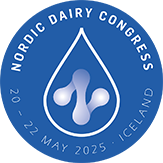












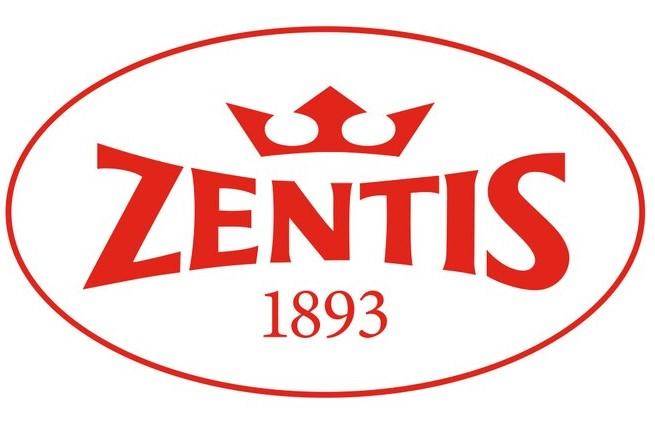




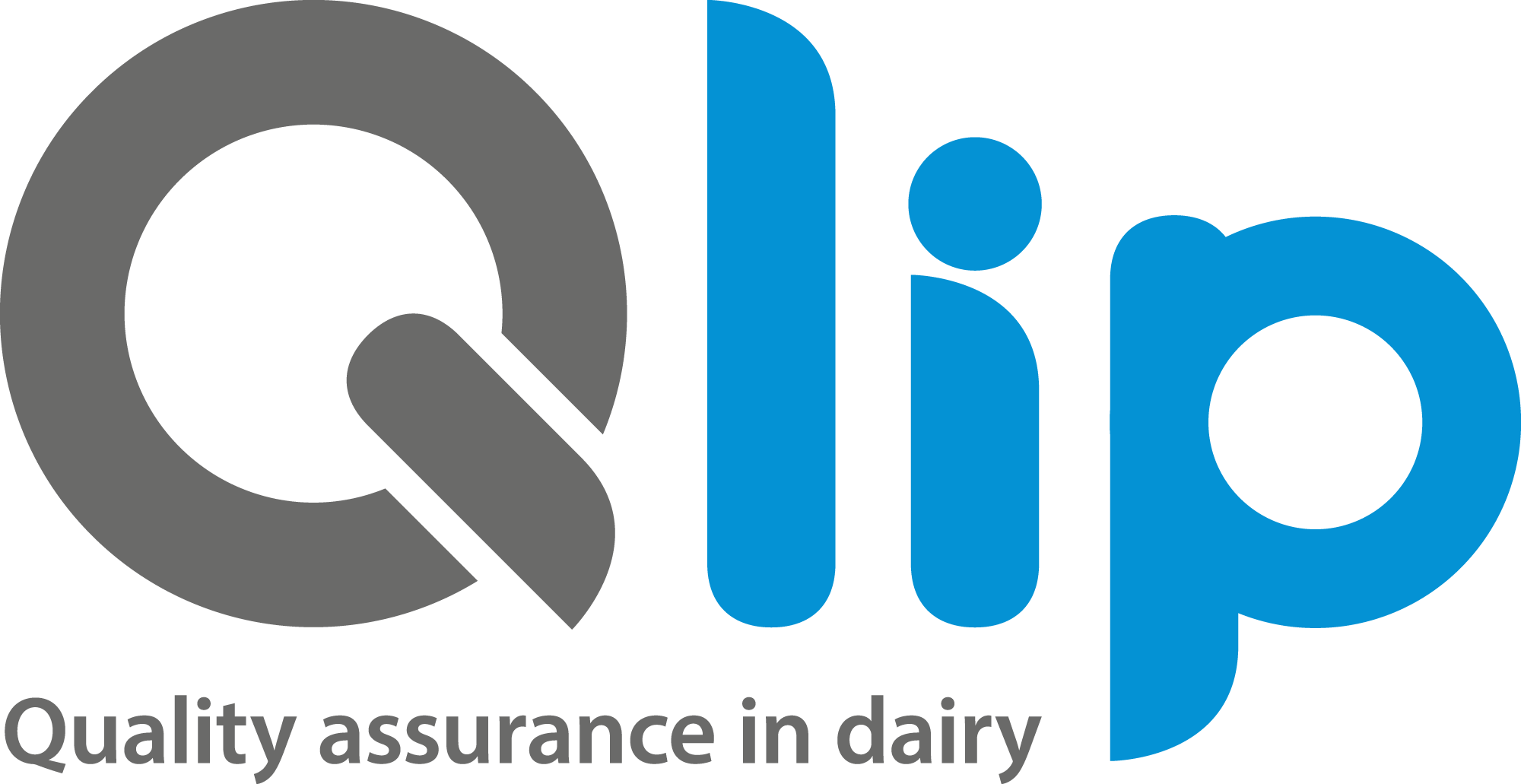













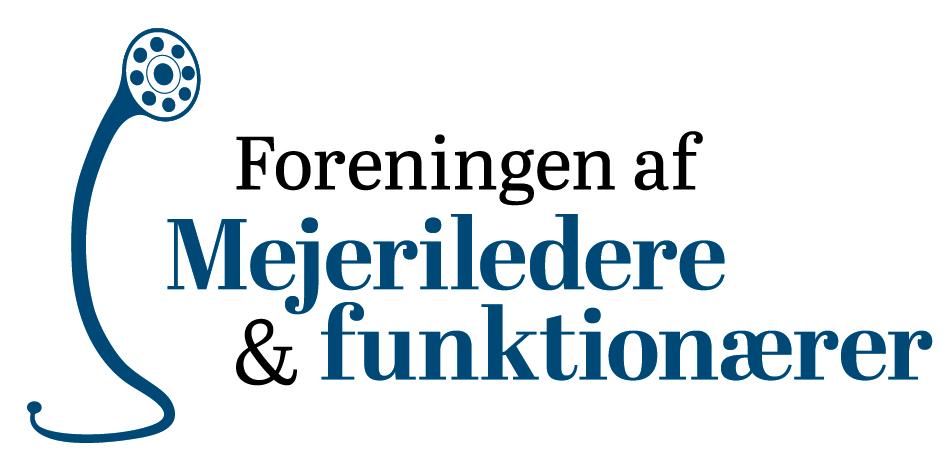




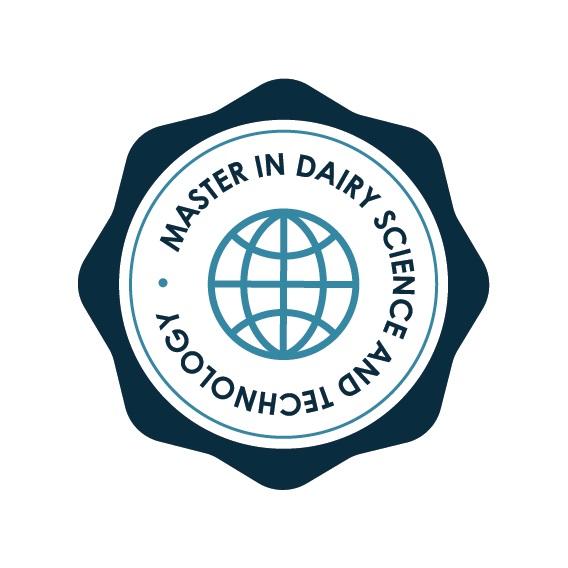






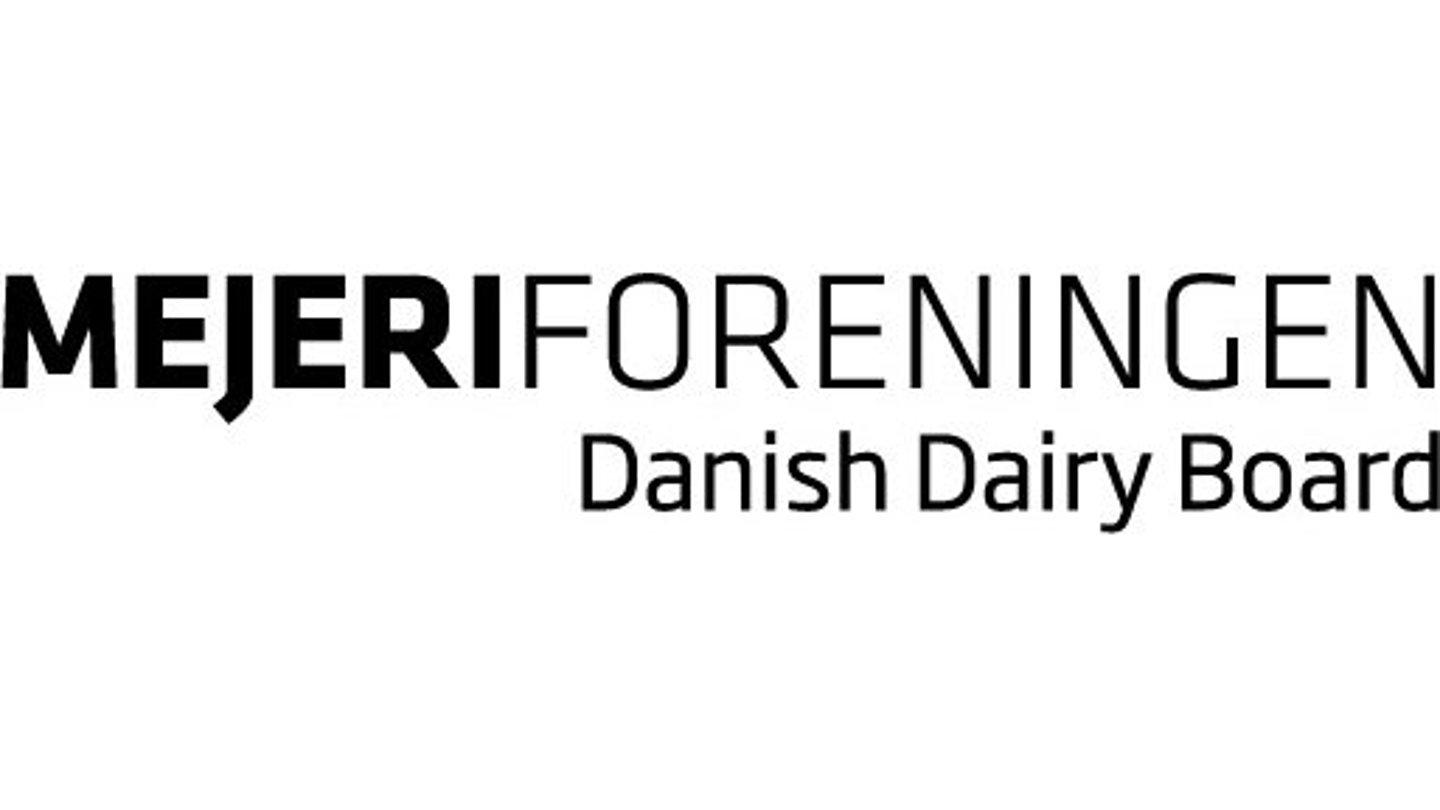
 Munkehatten 28
Munkehatten 28